Travel Space
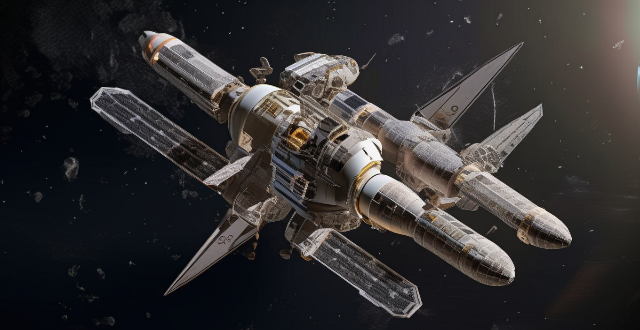
Who are the major companies involved in commercial space travel ?
Commercial space travel has become a reality with the advancements in technology, and several companies are making significant contributions to the industry. Major companies involved include SpaceX, Blue Origin, Virgin Galactic, Boeing, and Sierra Nevada Corporation (SNC). These companies are developing reusable launch vehicles and reliable rocket engines, as well as spacecraft designed to carry cargo and humans to and from low Earth orbit destinations such as the International Space Station. Their unique technologies and innovations aim to make space travel more accessible and affordable for both scientific research and tourism purposes.

Is space travel only for astronauts or can ordinary people go too ?
Space travel, once a distant dream, has become a reality with the advent of commercial spaceflight companies. However, the question remains: is space travel only for astronauts or can ordinary people go too? In the early days of space exploration, only highly trained astronauts were selected to venture into space. These individuals underwent rigorous training and selection processes to ensure their physical and mental fitness for the challenges of spaceflight. Over time, the landscape of space travel has changed significantly. Private companies have entered the arena, offering opportunities for ordinary people to experience spaceflight. This shift has opened up new possibilities for those who dream of exploring the final frontier. Several private companies have emerged in recent years, each with its own approach to space tourism. Some of the key players include Blue Origin, SpaceX, and Virgin Galactic. While space travel may seem like an extravagant luxury, there are several potential benefits for ordinary people who choose to embark on this adventure. These benefits include experiencing weightlessness, viewing Earth from space, and advancing science and technology related to space exploration.

How do scientists predict the impact of regular space travel on the environment ?
Scientists predict the environmental impact of regular space travel by considering various factors such as greenhouse gas emissions, waste generation, and resource consumption. They use computer models, simulations, and experimental data to estimate potential effects on Earth's ecosystems. Greenhouse Gas Emissions: Launching rockets requires a significant amount of fuel, leading to high CO2 emissions. Powering spacecraft and supporting infrastructure also contributes to increased energy consumption and CO2 emissions. Waste Generation: Astronauts generate solid waste during their missions, which needs proper disposal to avoid pollution. Spent rocket stages can cause debris in orbit or harm wildlife if they fall back to Earth uncontrolled. Resource Consumption: Regular space travel requires a substantial amount of resources, including water, food, and materials for building spacecraft and infrastructure. This leads to increased demand and potential stress on freshwater sources, soil degradation, loss of biodiversity, and environmental damage due to material extraction. Mitigating Strategies: To address the environmental concerns associated with regular space travel, scientists propose strategies like developing efficient propulsion systems, using renewable energy sources, implementing waste reduction techniques, and promoting sustainable resource management practices.
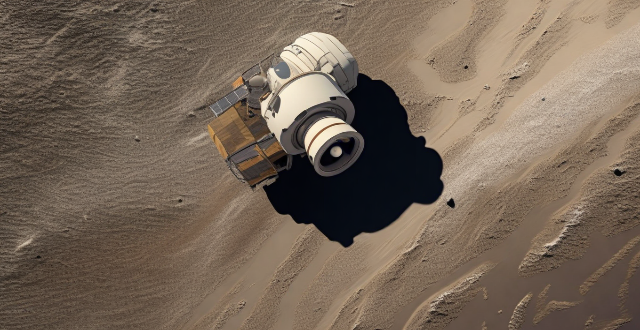
How much does it cost to travel to space ?
The cost of traveling to space varies depending on the type of mission, duration of stay, and provider. Suborbital flights are the most affordable option, while lunar and Mars missions are significantly more expensive. Factors such as training, technology, and risk contribute to the high costs. As technology advances and more companies enter the industry, the cost may decrease, but space travel is unlikely to become affordable for the average person in the near future.
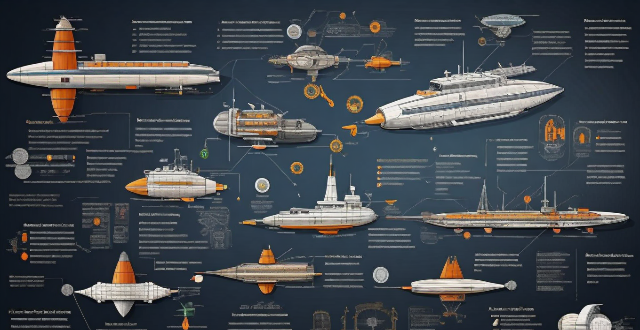
What are the current advancements in space travel technology ?
Over the years, scientists and engineers have made significant advancements in various aspects of space travel. Current advancements include propulsion systems like ion thrusters, nuclear propulsion, and solar sailing; life support systems that recycle water and air and closed-loop life support systems; and reusable spacecraft such as the Space Shuttle program, SpaceX Dragon and Falcon 9, and Blue Origin New Shepard. These advancements show great promise for the future of human exploration beyond our planet.
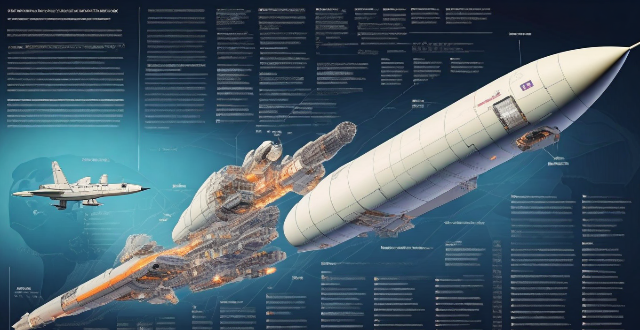
How long does it take to train for a space travel mission ?
This article discusses the various aspects of training for a space travel mission, including physical, mental, and technical training. It highlights the duration of each type of training and emphasizes the importance of thorough preparation to ensure the safety and success of the mission.

What are some clever travel packing hacks for saving space ?
Traveling can be an exciting adventure, but packing your belongings can sometimes feel like a daunting task. However, with some clever packing hacks, you can maximize the space in your suitcase or backpack and avoid overpacking. Here are some tips to help you save space while packing: - Roll Your Clothes: Instead of folding your clothes, roll them up tightly. This not only saves space but also helps prevent wrinkles. You can even roll multiple items together, such as a shirt and its corresponding undergarments, to keep them organized. - Use Compression Bags or Packing Cubes: Compression bags allow you to squeeze out all the air from your clothing, significantly reducing their volume. Packing cubes, on the other hand, help you organize your items and make the most of the available space by filling odd-shaped gaps within your luggage. - Fill Your Shoes: Shoes tend to take up a lot of room, but they can also serve as storage containers. Stuff small items like socks, chargers, or even jewelry inside your shoes to save space elsewhere. Just make sure the items are clean and won't damage the shoes. - Layer Your Clothes: When packing outfits, layer them on top of each other rather than placing them side by side. This way, you can see everything at once and ensure that you have enough combinations without having to pack extra pieces. - Utilize Every Inch of Space: Think about the pockets in your luggage, the space inside your hats, and even the hollow tubes of toiletry bottles. These areas can hold small items like headphones, adapters, or medications that would otherwise take up valuable real estate in your bag. - Wear Your Bulkiest Items: If you have bulky items like sweaters, jackets, or boots, consider wearing them during travel rather than packing them. This not only saves space but also keeps you warm if you're traveling to a cold destination. - Choose Versatile Clothing: Pack items that can be worn in multiple ways or dressed up and down. For example, a scarf can double as a beach cover-up, and a dress can transition from day to night with different accessories. - Limit Your Toiletries: Instead of bringing full-size bottles, transfer your toiletries into smaller travel containers. You can also opt for solid shampoo bars or soap instead of liquid products to save space. - Pack According to Your Itinerary: Plan your outfits ahead of time and only pack what you know you will wear. Consider the activities you have planned and the weather at your destination to avoid overpacking unnecessary items.

What are the current advancements in space exploration ?
The text discusses current advancements in space exploration, including commercial space travel, Mars and lunar exploration, deep space probes, and telescopes and observatories. These advancements showcase humanity's relentless pursuit of knowledge and understanding of the universe around us.

Can commercial space travel become affordable for the average person ?
This article discusses the possibility of commercial space travel becoming affordable for the average person, considering factors such as technology and infrastructure costs, competition and market forces, government regulation and support, potential benefits like increased accessibility and job creation, and challenges including safety concerns and environmental impact.
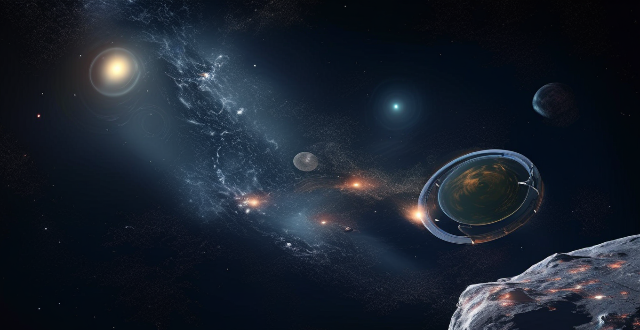
How will commercial space tourism change the way we view Earth and space ?
The advent of commercial space tourism is set to revolutionize our understanding of both Earth and space by making space travel more accessible. It allows us to view our planet from a different perspective, fostering a greater sense of global awareness and interconnectedness, as well as an appreciation for the fragility and beauty of our planet. Additionally, it provides the opportunity for people to experience space firsthand, leading to a deeper understanding of the challenges and opportunities presented by space exploration, renewed interest in science and technology, and increased demand for education in STEM fields. Overall, commercial space tourism has the potential to change the way we view Earth and space by providing unique perspectives and experiences that can help us better appreciate our planet and expand our understanding of the universe beyond.
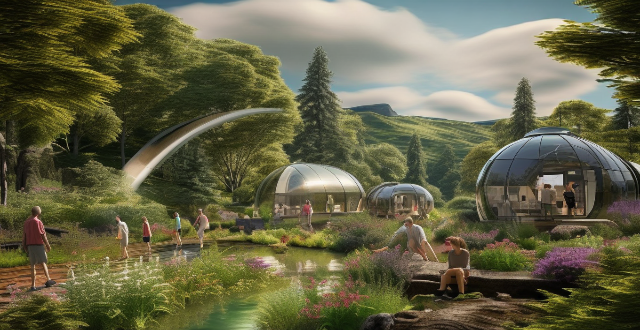
What kind of experiences can one expect during a space travel journey ?
Space travel is a unique and extraordinary experience that allows individuals to explore beyond Earth's atmosphere. The journey includes extensive training, health check-ups, the thrill of liftoff, weightlessness, viewing Earth from a different perspective, scientific experiments in microgravity conditions, and a safe return to Earth. It offers unforgettable experiences that leave a lasting impression on those who embark on it.

What is the future of space tourism and its implications on Earth's resources ?
The development of space tourism by private companies like SpaceX, Blue Origin, and Virgin Galactic may make it more accessible to the public in the future. However, it raises concerns about its environmental impact, economic considerations, ethical concerns, and long-term sustainability. It is crucial to consider these implications to ensure responsible use of Earth's resources while exploring space tourism.
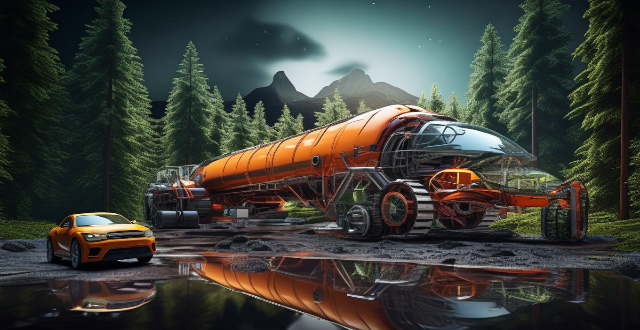
How has rocket technology evolved since the early days of space exploration ?
The evolution of rocket technology has been a journey from liquid-fueled rockets to reusable launch vehicles, marked by significant milestones. The development of ICBMs during the Cold War laid the groundwork for space exploration technologies. Multistage rockets increased payload capacity and efficiency. Reusable rockets reduced costs and paved the way for sustainable space travel. Future prospects include advanced propulsion systems like ion thrusters and nuclear propulsion, promising faster transit times and more efficient energy use.
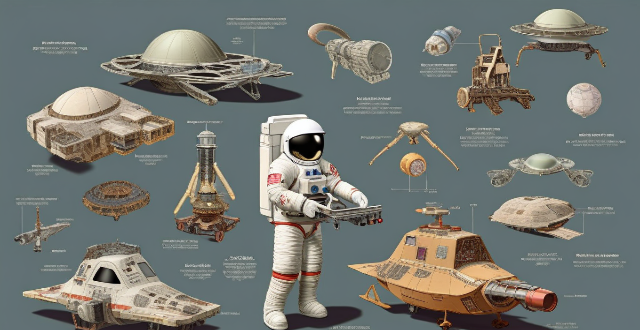
Are there any age or health restrictions for going on a space travel adventure ?
There are age and health restrictions for going on a space travel adventure. The minimum age is usually 18 years old, while the maximum age varies between providers. Health restrictions include physical fitness tests, mental health evaluations, chronic conditions exclusions, pregnancy prohibitions, recent surgery or injury waiting periods, height restrictions, motion sickness considerations, allergies to materials used in spacecraft construction or supplies carried on board, and drug use disqualifications. These restrictions help ensure the safety and well-being of all participants involved in this exciting but challenging endeavor.
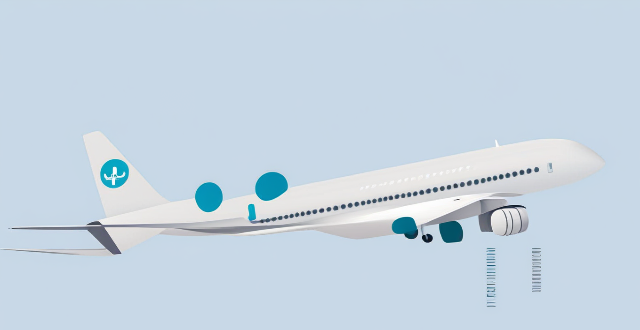
What are the safety measures taken for space tourism ?
Space tourism requires rigorous safety measures, including physical trainingSpace tourism requires rigorous safety measures, including physical trainingancy, medical screenings, including physical training, spacecraft redundancy, medical screenings, and reliable communication systems.
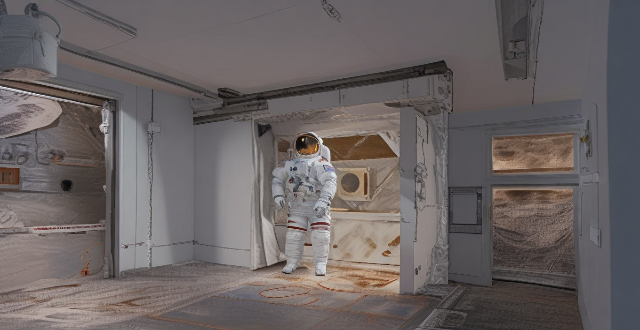
What are the challenges faced by astronauts during long-duration space missions ?
Long-duration space missions pose physical, psychologicalLong-duration space missions pose physical, psychological astronauts, including including muscle atrophy, bone loss, radiation exposure, immune system changes, isolation, communication delays, sleep disturbances, resource management, equipment maintenance, and task scheduling. Addressing these challenges is crucial for the success of future deep space exploration efforts.
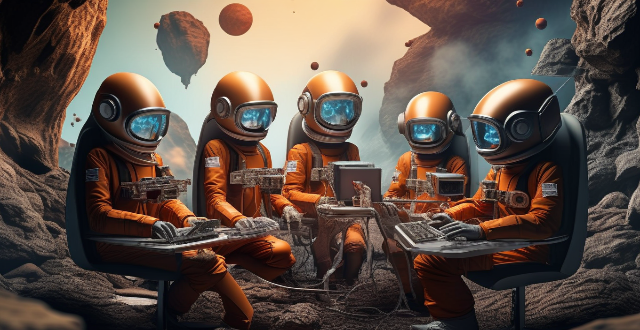
What is the role of private companies in space exploration ?
Private companies have become key players in space exploration, driving technological advancements, reducing costs, and fostering innovation. They are at the forefront of developing new technologies such as reusable rockets, advanced propulsion systems, and robotic explorers. Private companies often operate with leaner budgets and more streamlined processes than government agencies, allowing them to deliver space missions at a lower cost. This cost-effectiveness is crucial for making space exploration more accessible and sustainable over the long term. Private companies are known for taking risks and pursuing innovative ideas that might not be considered by government agencies due to budget constraints or strategic priorities. Their involvement has made space missions more accessible and sustainable while opening up new possibilities for exploring our solar system and beyond.
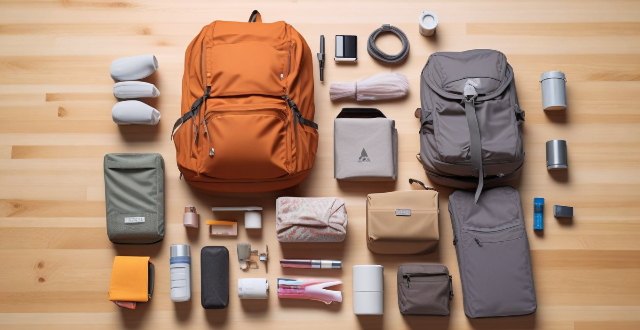
What are the must-have travel packing accessories for a comfortable trip ?
When planning for a trip, packing the right accessories is crucial to ensure comfort and convenience. Essential items include packing cubes, travel pillows, earplugs, portable chargers, water bottles, sunscreen, rain gear, versatile clothing, first aid kits, and compression bags. Each item serves a specific purpose, such as organization, neck support, noise reduction, device charging, hydration, sun protection, rain preparedness, space-saving in luggage, health care, and efficient use of suitcase space. Selecting these accessories based on individual trip needs can greatly enhance the traveling experience.
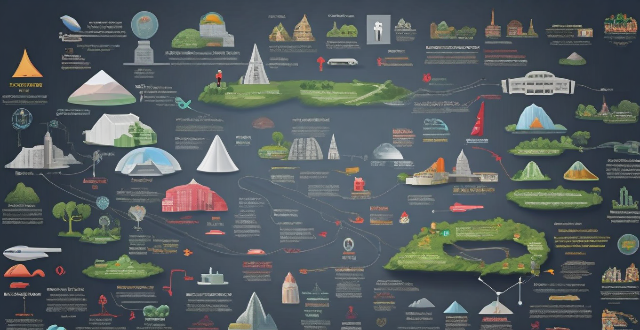
How much does travel insurance usually cost ?
The cost of travel insurance can vary greatly depending on factors such as destination, duration of trip, coverage level, and individual characteristics like age and health condition. To find the best policy for your needs, compare policies from different insurers, look for discounts, consider annual plans if you travel frequently, and review exclusions and limitations carefully.
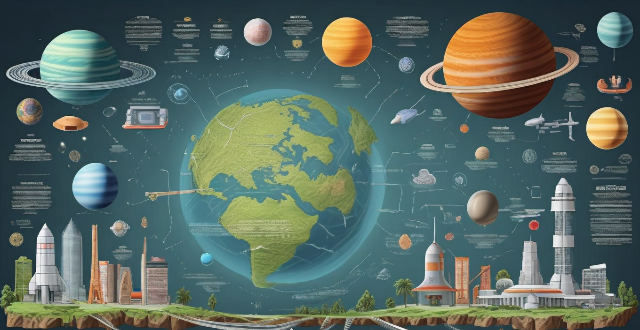
How can we protect ourselves from radiation exposure during space travel or living on other planets ?
Radiation exposure is a significant concern for astronauts during space travel and for future settlers on other planets. Shielding, distance, time management, and medication and supplementation are effective ways to protect against radiation. Lead, concrete, and water are good shielding materials. Distance from the source of radiation reduces exposure. Time management involves limiting the duration of exposure. Antioxidants, amifostine, and melatonin may help protect against radiation damage by reducing oxidative stress and promoting DNA repair.
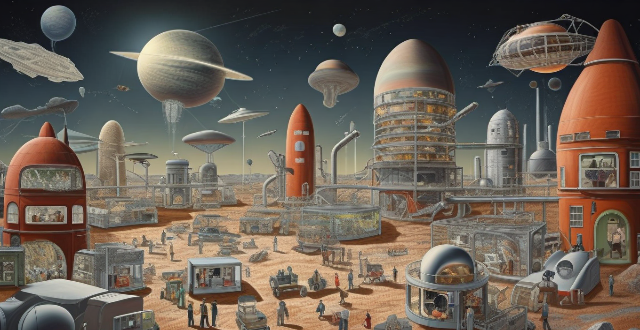
How does space exploration benefit humanity ?
The benefits of space exploration for humanity include technological advancements, economic growth through job creation and commercial opportunities, global collaboration fostering peace, scientific discoveries about our universe, inspiration and education for future generations, preserving Earth by monitoring environmental changes, and national security measures. These benefits touch every aspect of human life, making space exploration a significant investment in our collective future.

How does space exploration inspire future generations ?
Space exploration has been a source of inspiration for future generations in various ways, including igniting curiosity and wonder, advancing scientific knowledge, promoting international collaboration, encouraging careers in STEM, inspiring creativity and art, and nurturing resilience and perseverance. As we look toward the future, space exploration will continue to capture the imagination of young people around the world and spur them on to become the next generation of explorers, scientists, and engineers.

What steps should be taken to maintain good hygiene during travel ?
The text provides a comprehensive guide on maintaining good hygiene during travel. It emphasizes the importance of packing essential hygiene items, keeping hands clean, practicing safe eating habits, staying clean and fresh, being mindful of surroundings, keeping living spaces clean, and following local customs. The article underscores that maintaining good hygiene is crucial to staying healthy and enjoying a pleasant travel experience.
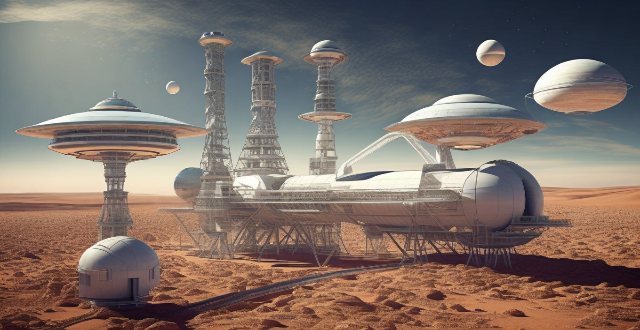
What are the ethical considerations of space exploration and colonization ?
The article discusses the ethical considerations of space exploration and colonization, emphasizing the importance of balancing potential benefits with risks, considering environmental impact, addressing interplanetary diplomacy, and developing a comprehensive legal and regulatory framework. It highlights the need for a strong ethical framework to ensure responsible and sustainable pursuit of space endeavors.
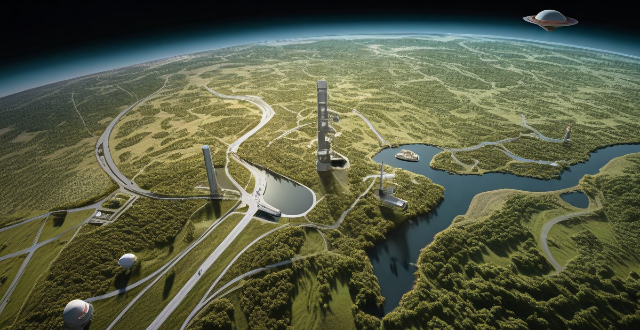
What are the current trends in commercial space exploration ?
Commercial space exploration is a rapidly evolving field, drivenCommercial space exploration is a rapidly evolving field, driven, economic incentives, and small satellite constellations for internet and Earth observation, space tourism and commercial space stations, Moon and Mars exploration, in-space manufacturing and resource utilization, and international cooperation and legal frameworks. These trends demonstrate that commercial space exploration is not only expanding our knowledge of the universe but also creating new industries and opportunities for economic growth.
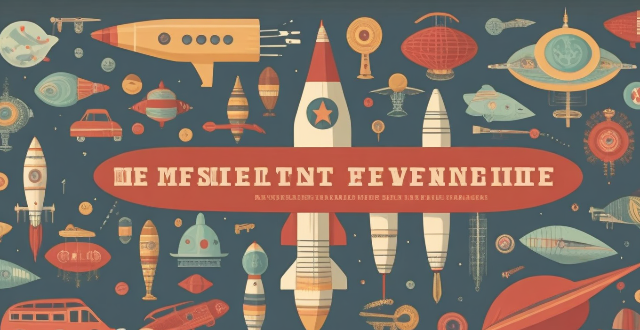
How has private investment impacted the development of space technology ?
Private investment has significantly impacted space technology development by increasing research and development funding, reducing costs, improving efficiency, and driving innovation. Private companies like SpaceX and Blue Origin have made advancements in reusable rockets, satellite communications, and lunar exploration. These investments have also enabled new business models and increased accessibility to space for smaller organizations.
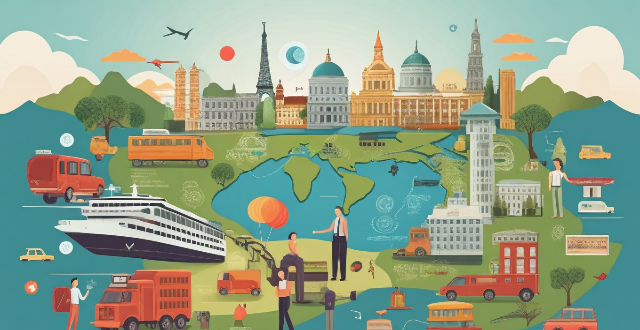
What are the benefits of participating in adventure travel activities ?
Adventure travel activities offer various benefits that positively impact physical, mental, and emotional well-being. These activities improve cardiovascular fitness, muscle strength, and weight management. They also reduce stress, boost self-confidence, and enhance creativity and problem-solving abilities. Adventure travel activities foster social interaction, personal growth, and improved mood and happiness.

What are some creative ways to quickly declutter and organize a small space ?
To quickly declutter and organize a small space, start by identifying problem areas and setting clear goals. Sort and categorize belongings into "keep," "donate," "sell," or "trash" piles. Maximize storage through vertical space, multifunctional furniture, and transparent containers. Get creative with storage solutions by repurposing household items and DIY projects. Finally, maintain order with regular cleaning and the "one in, one out" rule to prevent clutter buildup.
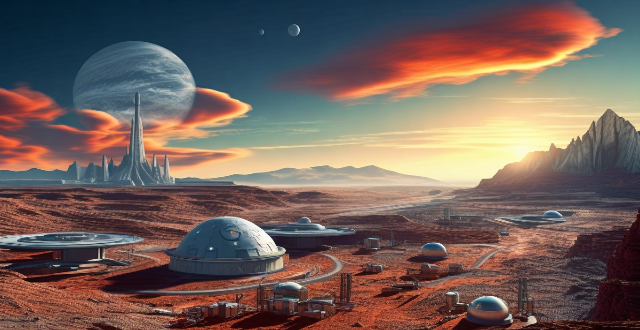
How does space exploration impact global cooperation and diplomacy ?
Space exploration has been a significant driver of global cooperation and diplomacy since the dawn of the space age. The pursuit of understanding our universe and the quest to explore beyond Earth's boundaries have fostered international collaboration, technological advancements, and diplomatic engagements that transcend traditional geopolitical tensions. In this discussion, we will delve into the various ways space exploration influences global cooperation and diplomacy.